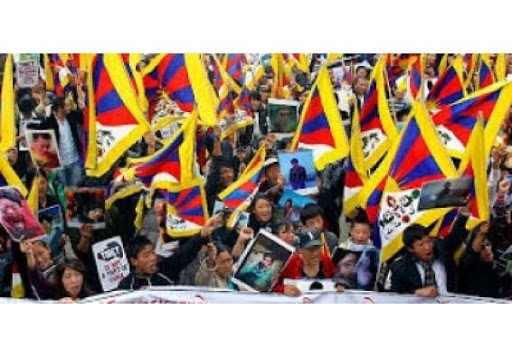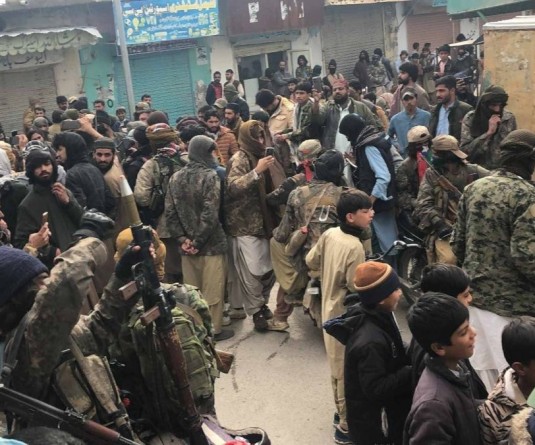IANS Photo

NEW DELHI, SEPTEMBER 23 (IANS): The Nepal government has directed its security forces and intelligence agencies to keep a close watch on movements of Tibetan refugees owing to the ongoing India and China military impasse over border issues, sources said.
Further, an assessment was carried out by the Nepal Army where it clearly stated that "these refugees would pose a security threat in case of hostilities" between India and China.
Sources said the decision to keep a tab on Tibetan refugees lately was taken after China pressured Nepal to do so coupled with Tibetans being part of India's Special Frontier Force (SFF) especially engaged in covert operations behind Chinese lines.
It was when Subedar Nyima Tenzin, a SFF officer, was killed in a military operation to occupy previously unoccupied heights in Chushul sector in eastern Ladakh in India on August 30 that the focus shifted to Tibetan refugees.
The SFF was raised by India's Intelligence Bureau in the immediate aftermath of the 1962 China-India war.
The covert outfit recruited Tibetan exiles and was initially named Establishment 22. Subsequently renamed SSF, it now falls under the purview of the Cabinet Secretariat.
Now, China wants close monitoring of Tibetan refugees in Nepal.
Nepal shares a 1,236-kilometre-long border with China and is home to a sizeable Tibetan community. There are around 20,000 Tibetan refugees in Nepal. Many of them live in former detention camps that have been transformed into permanent settlements.
Nepal and China had signed several security and intelligence-sharing agreements since 2008.
On China's insistence Nepal had agreed to enforce a ban on Tibetan public demonstrations; implement close monitoring of the Tibetan community, its leaders, and real or perceived activists and deploy a sizeable number of Nepali armed police in Tibetan neighbourhoods on politically sensitive dates.
"China also enrols certain members of Nepal's intelligence and law-enforcement agencies to monitor and infiltrate Tibetan communities living in Nepal," sources said.
Nepal's crackdown on Tibetans, under the pressure of China, has been continuing for several years, the source said. "Most of the Tibetans in Nepal do not have a residential permit. They are also unable to open bank accounts or own property," the source said.
He also stated that a confidential diplomatic cable created by the US embassy in New Delhi for period of Jan 30-Feb 19, 2010 released last week by Wikileaks titled 'Update on Tibetan refugee flow' stated that the Chinese government rewards Nepali forces by providing financial incentives to officers who hand over Tibetans attempting to exit China.






